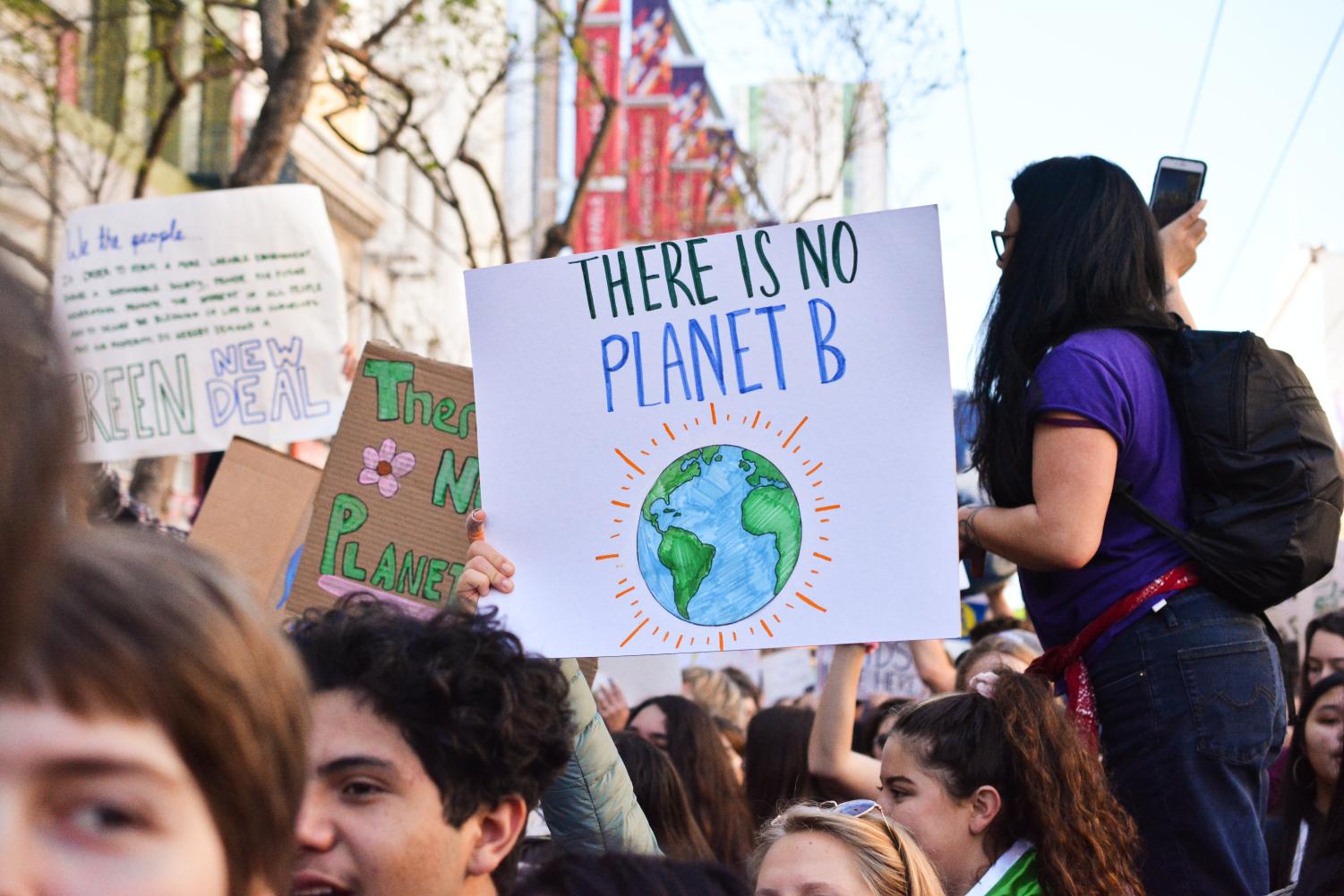From Oct. 31 to Nov. 12, Glasgow hosted the 26th annual Climate Change Conference of the Parties. The COP26 is a climate summit that brings together political leaders to accelerate action toward the goals of the United Nations.
This annual conference brought about global media attention due to the large gathering of protesters. Female climate leaders led thousands of protesters who voiced a lack of representation for women at the summit and in climate conversations.
A FIGHT TO BE HEARD
Thousands of demonstrators showed up in the rain on the streets of Glasgow to protest and make their voices heard. The large protests served as an amplification of the many ignored voices of women.
Anne Schulthess, a small-time activist, attended the 23rd Climate Change Conference and reported first hand the way that women were not listened to. Schulthess reports a “prevalence of tokenism” among all-male panels with women speakers.
“It is clear to me that the voices of the women who are most affected by climate change are not being listened to at these events. Not just not listened to—ignored. Not acknowledged. Deemed unimportant,” said Anne Schulthess.
The protestors shared frustration over the failure of climate leaders to effectively protect future generations from the rapid worsening of climate change.
“The effects of the climate crisis are not gender-neutral, and women and girls are more strongly impacted,” said Natalia Kanem, executive director of the United Nations Population Fund.
WHAT IT LOOKS LIKE
Women make up the majority of those living in poverty and experience the effects of climate change most severely. These effects include extreme weather patterns which further limits access to essentials like food, water and shelter.
The effects of the current climate crisis weigh heavily on expecting mothers’ health through pollution and climate-induced poverty.
Many other negative effects of climate change directly affect the lives of women across the globe. As major victims of environmental negligence, their experiences and voices deserve representation in climate conversations.
LACK OF REPRESENTATION, LACK OF CHANGE
More than 130 presidents and prime ministers attended the COP26 climate summit. Less than 10 of these leaders were women. The overall median age was estimated to be over 60 years of age.
“Too male, too pale, too stale,” said climate justice advocate and former president of Ireland, Mary Robinson, about the summit.
The representation in leadership positions is limited to older men, which provided a limited range of perspective. The majority of those in positions of power do not face the harsh consequences of climate change, yet they create legislation without the consideration of impoverished women.
“We are not being invited to participate in these decisions. It must change because we are on the front line of this fight,” said Txai Surui, a 24-year-old indigenous activist.
Much like the rest of politics, there is an importance when it comes to representation and the COP26 served as a shocking example of how much progress is yet to be achieved.











